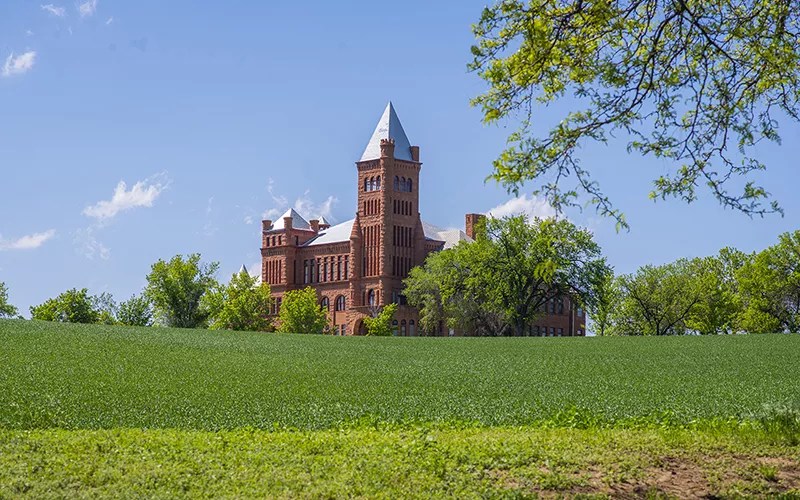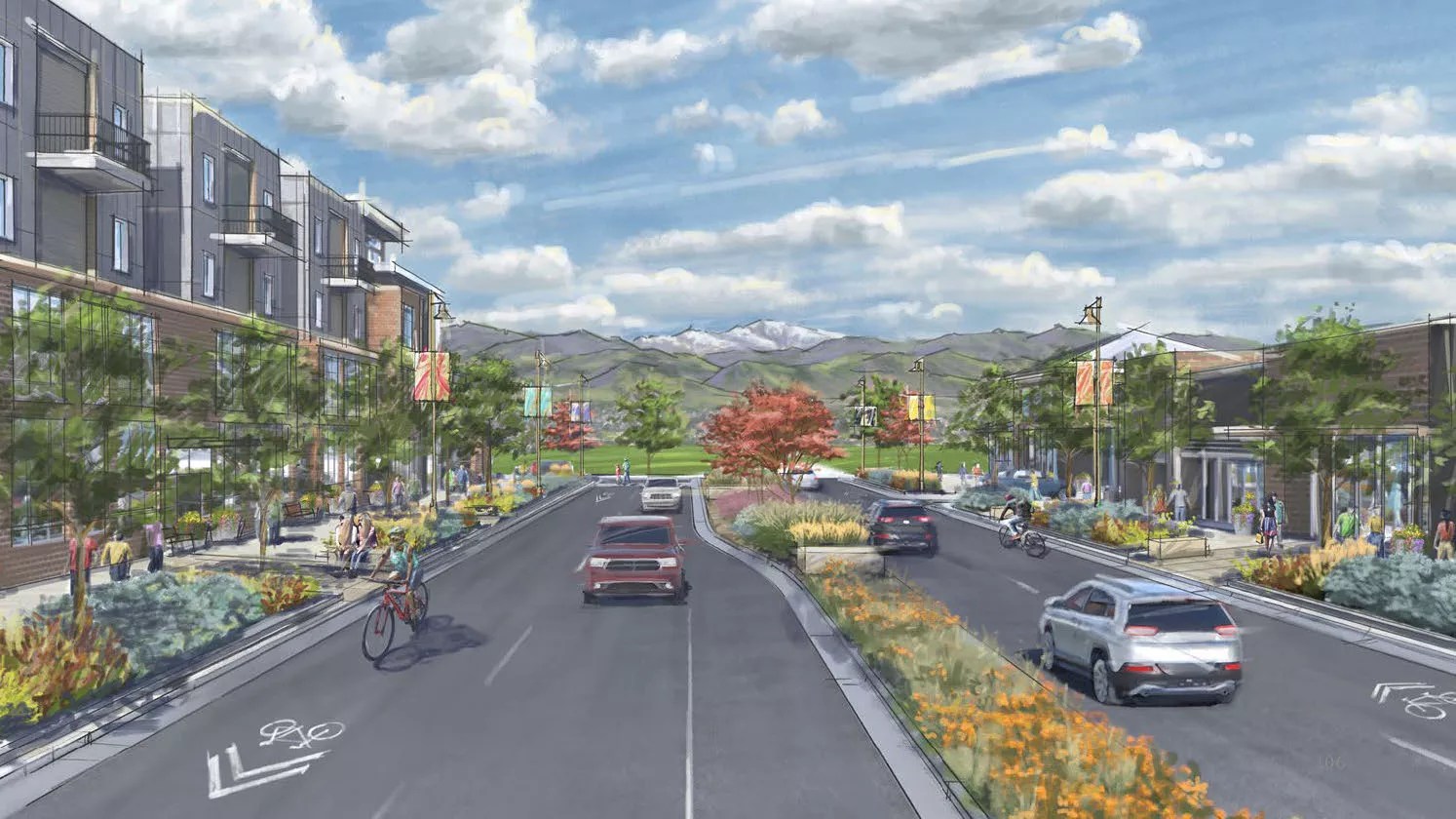
Evan Semon

Audio By Carbonatix
In the early-morning hours of December 21, Westminster City Council voted 5-2 to approve a proposal to develop 233 acres, including a large farm, into a mixed-use neighborhood in the suburb northwest of Denver.
“It’s a private person that owns this land. It is not open space. It has been open. But it’s owned by someone. And they have every right to do whatever they choose to do with it when they want to sell it under what our comprehensive land-use plan says,” Mayor Nancy McNally said at the meeting, which began at 6 p.m. on December 20 and ran until just after 1 a.m. on December 21 – after the December 13 meeting when the vote was originally to have taken place also spilled into two days of discussion. McNally voted for the proposal.
The project – crafted by Oread Capital and Development – calls for putting 2,350 small- to mid-sized dwelling units over those 233 acres, which would house an estimated population of 5,421. Westminster currently has approximately 113,000 residents.
Council’s approval of the project, formally known as Uplands, came despite vocal community advocacy against the development proposal from Save the Farm. Members of that group argued that turning down Uplands would protect open space, prevent urban heat islands, push back against environmental racism, and save gorgeous views of the mountains and the Denver skyline.
“What we know for sure is that the majority of the population in this area and really even in other parts of Westminster don’t want this project. … Personally, I would feel like I was ignoring public comment if I were to vote ‘yes’ on this,” said Councilmember Obi Ezeadi before voting against the proposal.
Over the course of three sessions in December that lasted a combined eighteen hours, Westminster City Council listened to testimony from members of the public, city staff and the developer, and debated the merits of the proposal.
“This is by far the longest process that I have had the pleasure of presiding over in this capacity,” Mayor Pro Tem David DeMott said at the end of the final meeting before voting to approve the proposal.
The property includes a large working farm on a prime piece of land between Federal and Lowell boulevards and 84th and 88th avenues. Since 2013, the City of Westminster has labeled the farm area as a potential site for mixed-use neighborhood development, which would combine homes and retail in a walkable, pedestrian-oriented way.
With the overall plan for the development approved, council will still have to vote on various proposals to develop specific parcels of the land. Once the first shovel hits ground on the property, it will be another fifteen to twenty years before construction wraps up, according to Oread.
Under the Uplands plan, the development will be a mix of single-family homes, both detached and in the paired-home and townhome styles, in addition to condos and apartments. “Single-family homes will be built on smaller, more water-efficient lots with front porches that encourage community interaction and a friendly, walkable neighborhood,” according to the Uplands website.

Uplands could end up looking like this.
Courtesy of Norris Design
The current plan calls for over forty acres of public land dedications at Uplands, such as parks and view corridors – less than the over sixty acres required for this project under Westminster code. However, if the city determines that the amount of required public land “would not serve the public interest,” it can permit a combination of a smaller amount of dedicated public land and “payment of a fee in lieu of the portion of land not dedicated,” according to Ryan Hegreness, a City of Westminster spokesperson.
“I see some failures in the applicant’s application to meet our codes, the first one being the land dedication,” Baker said during the December 20 meeting. “I think tangible, physical land where people will live is much more valuable than money in lieu of it. And in the case of adding over 5,000 people to our community, I think land for them to have is going to be very valuable.”
Oread Capital has already agreed on two builders that will construct over 300 units of “income-restricted and senior affordable rental housing at 30 to 80 percent of the area median income,” according to the project’s website. Uplands will also feature over 180 “for-sale detached cottages” that range in size from 800 to 1,400 square feet and are targeted to “meet the Adams County definition for attainable workforce housing.”
The seller of the land is Pillar of Fire Church, a religious institution that had proudly supported the Ku Klux Klan a century ago. The church has since denounced its past support of the Klan.
Under the deal with Oread, the church will retain around 100 acres, including the property that is home to a K-12 school it operates and Westminster Castle, which is on the National Register of Historic Places.
Members of Save the Farm have promised to take action against council reps who support the development proposal, suggesting that they could end up ousted in future elections. Over the past year, Westminster has seen city council recall votes and a mayoral resignation because of residents’ anger related to high water rates.
Multiple members of Westminster City Council expressed losing lots of sleep over this vote.
“The easiest and most expedient thing for me to do is to vote ‘no’ on this. But I am not here to be expedient or flippant in any way,” said Councilmember Rich Seymour, a ‘yes’ vote. “We have a private property owner who has found a willing buyer. I understand the hurt that this brings, but I also have to go with the legal ramifications of what’s laid out.”